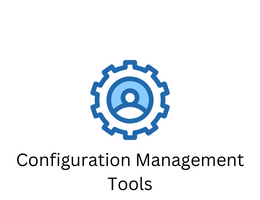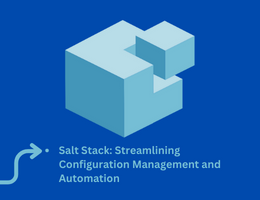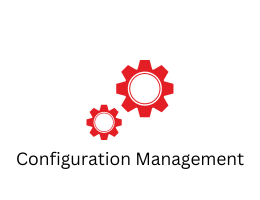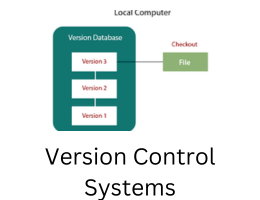
This is short headline
Maximizing Efficiency and Reliability with Ansible Automation
- By admin --
- Saturday, 11 Mar, 2023
Ansible is an open-source automation tool that has been gaining popularity in recent years due to its simplicity and efficiency in managing IT infrastructure. Ansible is a configuration management tool that helps users ensure consistency and standardization across systems. It is designed to help IT professionals manage large, complex infrastructures and applications easily and efficiently.
One of the key advantages of Ansible is its use of a simple, easy-to-understand language called YAML. YAML is a human-readable data serialization format that is commonly used for configuration files. With YAML, users can define tasks and configurations for various systems and then use Ansible to execute those tasks across multiple machines simultaneously. This makes it easy to manage large-scale infrastructures with many different machines and applications.
Another advantage of Ansible is its agentless architecture. Unlike other automation tools, Ansible does not require an agent to be installed on each target system. Instead, Ansible communicates with target systems over SSH or WinRM, allowing it to manage a wide range of systems without any additional configuration or setup. This makes it easy to get started with Ansible and reduces the overall complexity of the automation process.
Ansible is widely used in DevOps and IT operations to automate repetitive tasks, streamline workflows, and ensure consistency and reliability across infrastructure and applications. Ansible is designed to make it easy to automate a wide range of tasks, including configuration management, application deployment, and system administration. It also provides a range of modules and plugins that allow users to extend its functionality and customize it to meet their specific needs.
In addition to its core functionality, Ansible also provides a range of features and tools that make it easy to manage and monitor automation workflows. Ansible Tower, for example, is a web-based interface that provides centralized management and control of Ansible automation. With Ansible Tower, users can easily create and manage automation workflows, view real-time status updates, and troubleshoot issues as they arise.
Overall, Ansible is a powerful automation tool that can help IT professionals automate a wide range of tasks and streamline workflows. Its simplicity, agentless architecture, and extensive library of modules and plugins make it a popular choice for organizations of all sizes. With Ansible, users can improve the efficiency and reliability of their IT infrastructure while reducing the overall complexity of their automation workflows.





